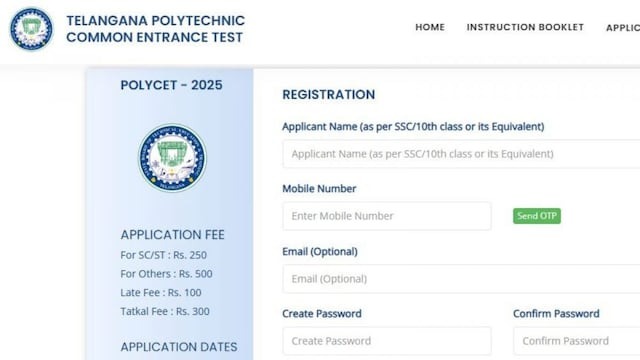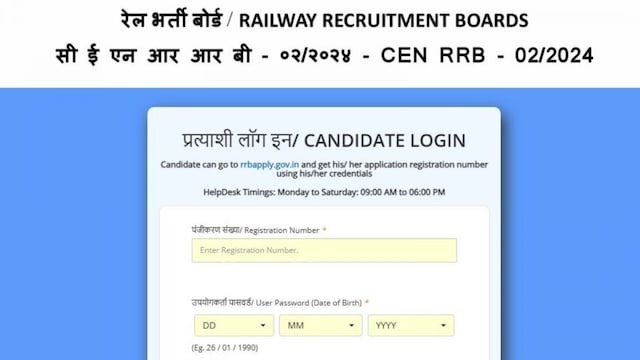
IAS Story: To become IAS, IPS, and IFS officers, candidates have to clear the UPSC Civil Services Examination. After clearing this, they are allotted a cadre. Later, they remain in the headlines due to their work. Today we are going to tell you about one such IAS officer who has brought a ray of hope for women and children in the rural areas of Punjab. The person we are talking about is Jitendra Jorwal (IAS Jitendra Jorwal).
Jitendra Jorwal, who did B.Tech from IIT Delhi,
is as famous for his work in real life as he is on social media. He is a 2014 batch IAS officer. According to reports, Jitendra Jorwal is a resident of Rajasthan. He has done B. Tech in Civil Engineering from IIT Delhi. After this, he worked in NHAI through IES for 3 years. He did his district training in Jalandhar. Jitendra Jorwal's first posting in civil services was reportedly in Hoshayarpur.
A ray of hope for women and children
IAS officer Jitendra Jorwal played an important role in improving the lives of many children and women in the district as the Deputy Commissioner (DC) of Sangrur, Punjab. When he joined the Sangrur district administration as DC in the year 2022, he started a health survey in government schools at that time. The health survey also revealed that many children living in slums either never got enrolled or were unable to continue their education in schools.
To solve this problem, Jorwal started a school-on-wheels
program called Gyan Kiranan Di Choh (touching the rays of knowledge) for out-of-school children. The program introduced children aged 5 to 11 to education, allowing them to spend three to four hours on a bus and learn in a fun way. Activities like storytelling and exposure visits filled the children's time on the bus, helping them learn in a fun and stress-free environment.
A ray of hope for children
As part of this initiative, a yellow school bus picks up around 30 children from the slums every day, takes them around, and then drops them back home. The bus is equipped with learning materials, books, and an interactive, colorful interior. There is also a teacher on hand to impart basic education, as well as two Anganwadi workers who help take care of the children. Jorwal says enrolling students directly in regular schools will not promote learning, and the cycle of dropping out and re-enrolling will never end.
These children needed an environment where they felt connected to the education system and could learn at their own pace. To achieve this, we started the 'School on Wheels' program." Soon after, the district administration in collaboration with the education department launched an enrolment drive. As a result, 53 children from Sangrur and 24 from Dhuri block were enrolled in primary schools. Another important women empowerment initiative is the stitching of school uniforms under the Promoting Employment of Families through Entrepreneurship and Livelihoods (PEHEL) program.
The government pays Rs 600 for each uniform kit, and school management committees have the right to purchase such uniform kits from vendors of their choice. Such uniform kits are prepared by women associated with self-help groups (SHGs) in the Sangrur district. This has not only provided livelihood opportunities to rural women, but has also promoted women empowerment.

 Desk
Desk Share
Share






